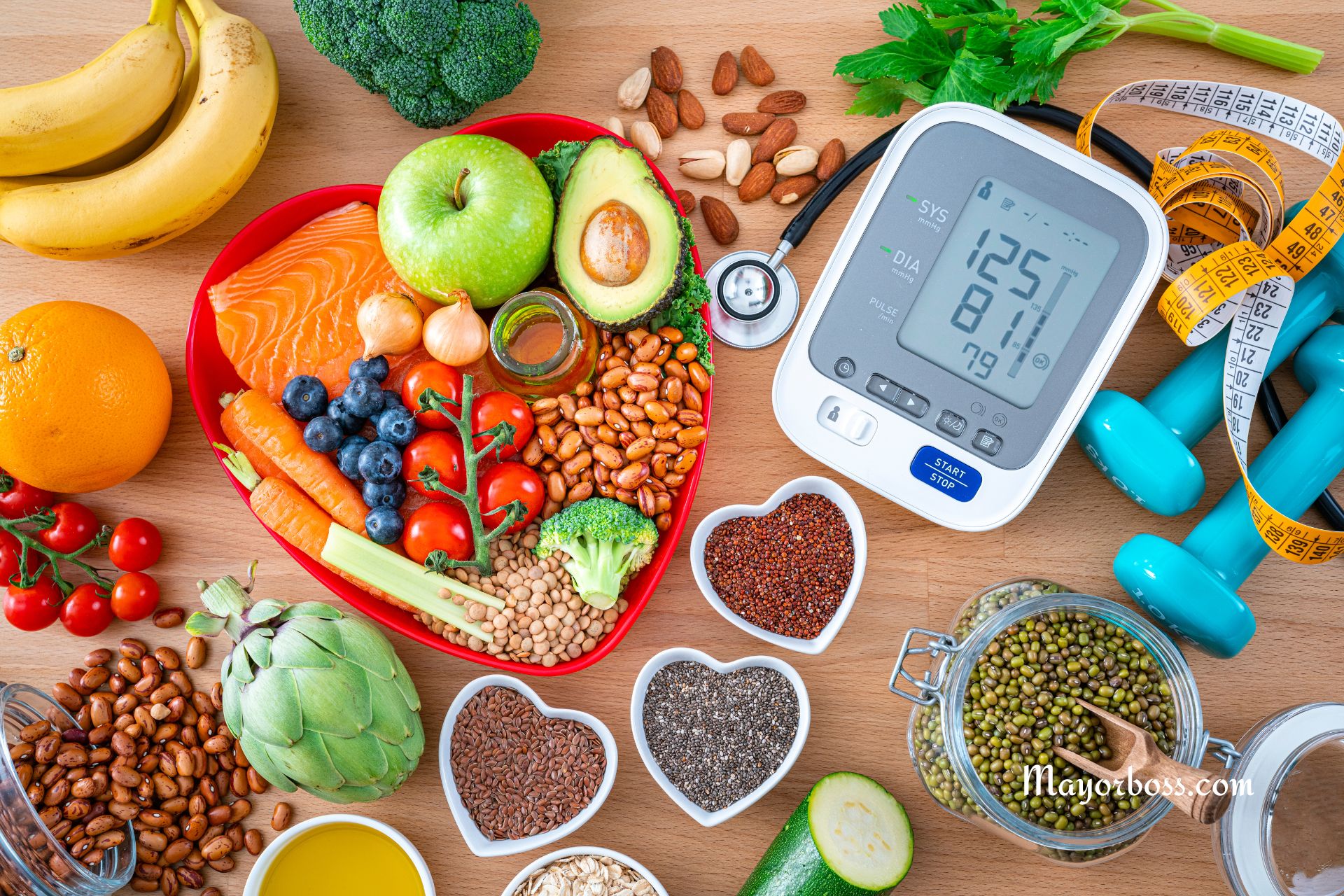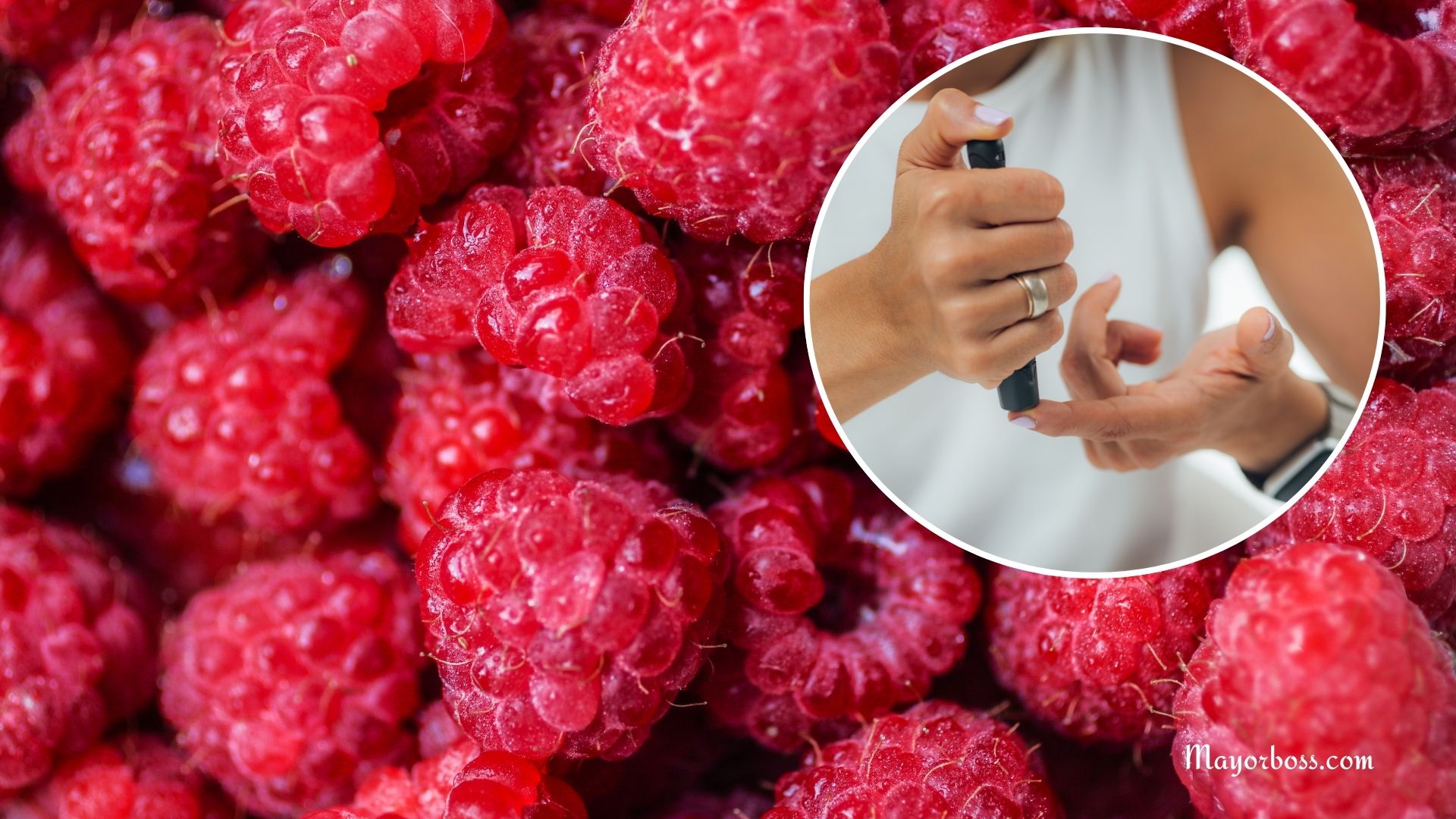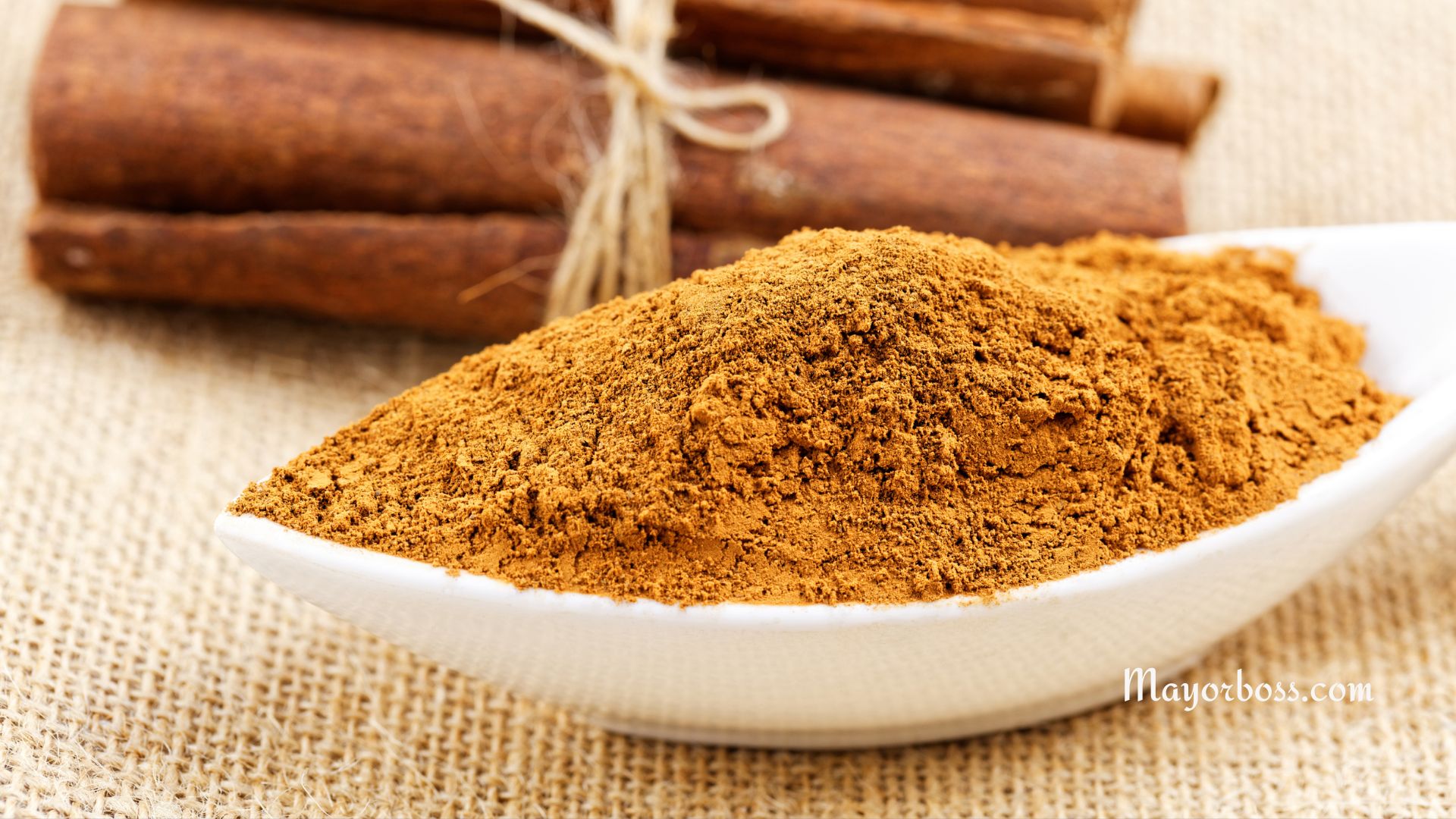Want a Stronger Heart? Eat These 5 Foods
Your heart is arguably the most vital organ in your body. Yes, it works tirelessly, pumping blood that carries oxygen and nutrients to your entire system. Hence, maintaining cardiovascular health and keeping your heart strong should be a top priority. That said, your diet plays a crucial role in heart health, and this article focuses on five delicious foods that can give your heart a boost.

1. Fatty Fish
Fatty fish like salmon, tuna, sardines, and mackerel are superheroes when it comes to heart health. Their secret weapon is their rich content of omega-3 fatty acids. These healthy fats have been shown to:
- Reduce triglycerides: High triglyceride levels, a type of fat in your blood, increase your likelihood of heart disease. Omega-3s can help lower these levels.
- Lower blood pressure: High blood pressure is a superior risk factor for heart disease. Omega-3s can modestly reduce blood pressure levels.
- Decrease inflammation: Chronic inflammation contributes to heart disease development. Omega-3s have anti-inflammatory properties that combat this.
- Improve blood vessel function: Omega-3s promote healthy blood vessel functioning, aiding blood flow and reducing the risk of blockages.
How much should I eat? The American Heart Association recommends at least two servings of fatty fish per week.
2. Nuts
Walnuts, almonds, pistachios, and other nuts are packed with heart-healthy nutrients. They offer:
- Healthy fats: Nuts are rich in unsaturated fats, the ‘good’ kind that helps lower ‘bad’ LDL cholesterol.
- Fiber: Fiber helps you feel full, regulates blood sugar levels, and aids in cholesterol control.
- Vitamins and minerals: Nuts provide essential nutrients like vitamin E, magnesium, and potassium, which contribute to heart health.
How much should I eat? A handful of nuts (about an ounce) a day is a great way to add heart-healthy benefits to your diet.
3. Berries
Strawberries, blueberries, raspberries – these sweet delights don’t just please your tastebuds. They also protect your heart. They’re full of:
- Antioxidants: Berries contain antioxidants, such as anthocyanins, which fight oxidative stress and inflammation, both linked to heart disease.
- Fiber: The fiber in berries helps lower cholesterol levels and regulate blood sugar.
- Vitamins and minerals: Berries provide essential vitamins and minerals that support overall heart health.
How much should I eat? Aim for at least one serving (about a cup) of berries daily. They are a delicious and healthy addition to yogurt, oatmeal, or as a snack on their own.
4. Avocados
Avocados offer a unique combination of nutrients:
- Healthy fats: Avocados are primarily made up of monounsaturated fats, which help lower LDL cholesterol and raise ‘good’ HDL cholesterol.
- Potassium: This mineral helps regulate blood pressure, reducing the strain on your heart.
- Fiber: The fiber in avocados aids in cholesterol control and blood sugar management.
How much should I eat? Enjoy half an avocado per day for heart-healthy benefits. Experiment with adding avocado to your salads, sandwiches, or smoothies.
5. Leafy Greens
Spinach, kale, collard greens, and other leafy greens deserve their superfood status. They’re loaded with:
- Nitrates: These compounds get converted into nitric oxide in your body, which helps relax blood vessels and improve blood flow.
- Vitamins and minerals: Leafy greens are rich in vitamins K, A, and C, as well as minerals like potassium and magnesium, which are all essential for a healthy heart.
- Antioxidants: The antioxidants in these greens fight inflammation and protect your cells from damage.
- Fiber: Fiber helps to manage cholesterol levels and promotes feelings of fullness.
Aim for: Include leafy greens as a regular part of your diet. Add them to salads, sandwiches, smoothies, stir-fries, or enjoy them cooked on their own.
Frequently Asked Questions
- Is it okay to eat these foods every day? Yes! These heart-healthy choices can (and should!) be enjoyed regularly as part of a balanced diet.
- Can these foods help reverse heart disease? While a healthy diet alone cannot reverse heart disease, it plays a critical role in preventing further damage and supporting overall heart health.
- Are there any foods to limit for heart health? Minimize processed foods, excessive salt, saturated and trans fats, and sugary drinks.






